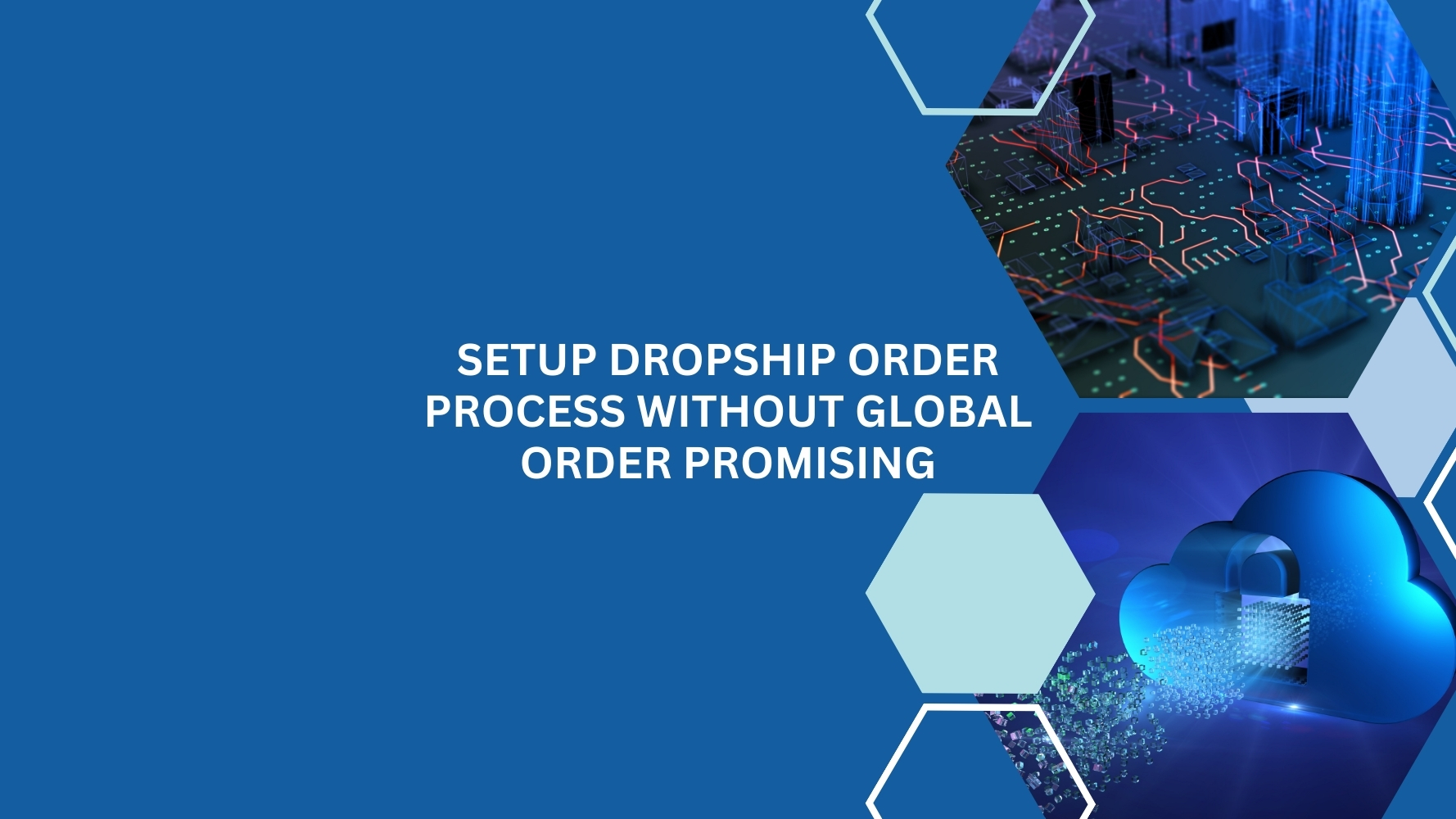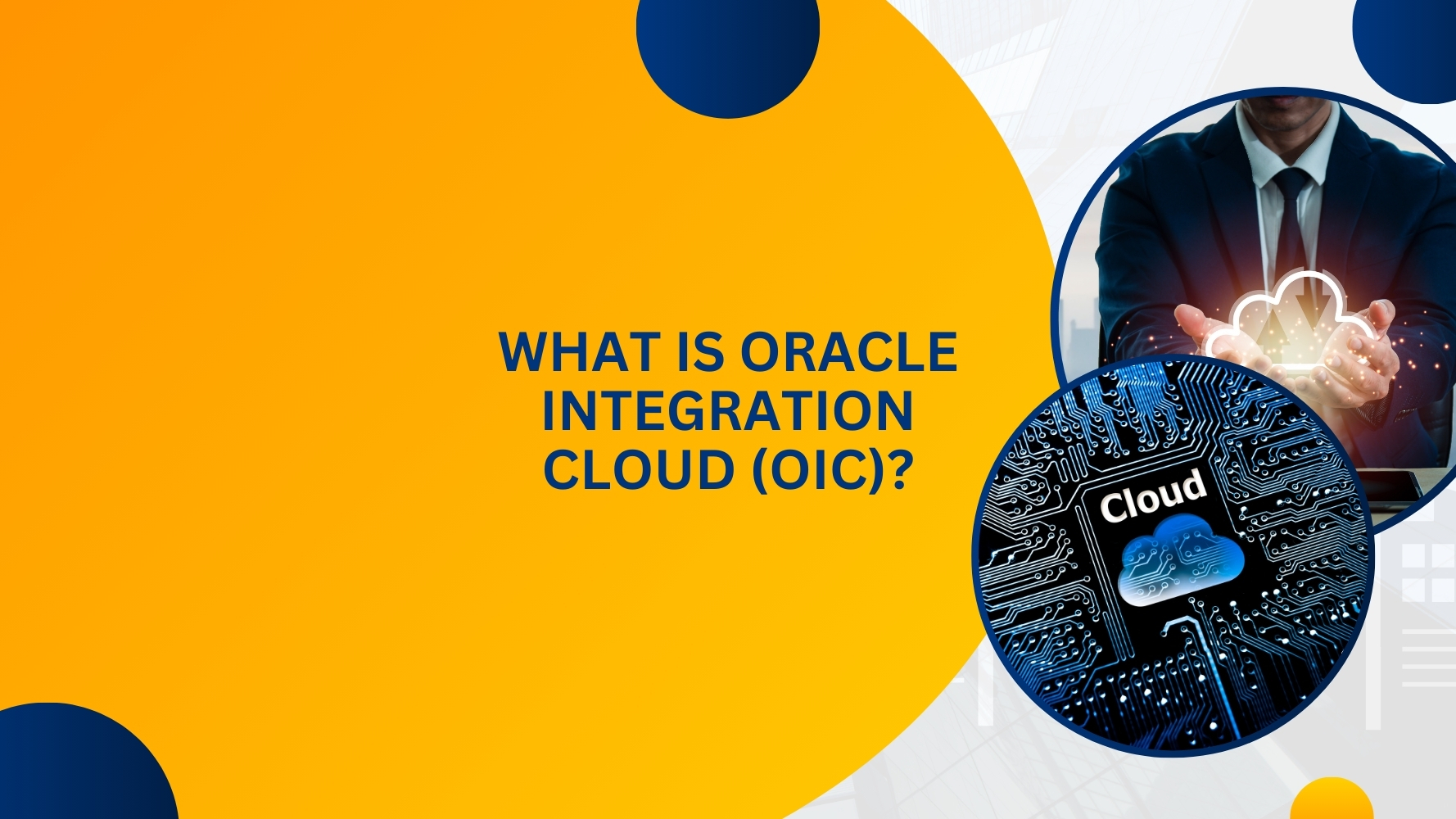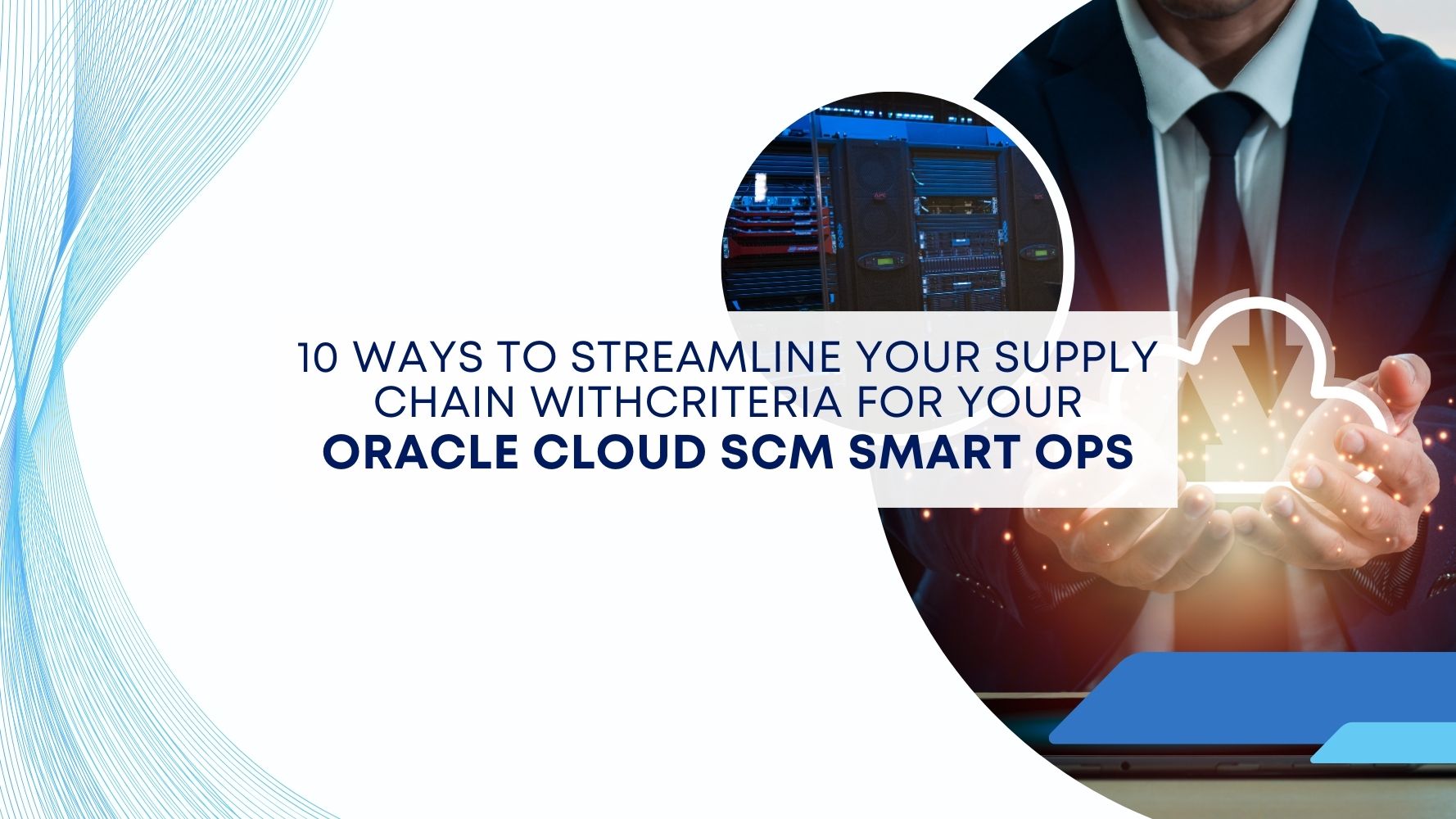The business landscape is in constant flux, driven by technological innovation and evolving customer expectations. To stay competitive, organizations must embrace digital transformation and harness the power of cloud computing. Supply chain management (SCM) is a critical area where this transformation can yield significant benefits. Oracle Cloud SCM offers a comprehensive suite of solutions that can revolutionize your business operations. This blog will delve into the top 25 reasons your business should transition to modern cloud applications now, focusing on Oracle Cloud SCM.
The Imperative for Cloud Adoption
Before exploring Oracle Cloud SCM’s specific advantages, it’s crucial to understand the broader benefits of cloud computing.
- Increased agility: Cloud-based applications are inherently flexible, allowing businesses to rapidly scale operations up or down in response to changing market conditions and customer demands. This dynamic capability ensures that organizations can seize opportunities and mitigate risks effectively.
- Cost reduction: By migrating IT infrastructure to the cloud, businesses can significantly reduce capital expenditures on hardware and software. Additionally, cloud-based solutions can optimize operational costs related to maintenance, energy consumption, and staffing.
- Enhanced collaboration: Cloud platforms facilitate seamless communication and collaboration among internal teams, external partners, and customers. Real-time access to shared data and tools fosters improved decision-making and accelerates project timelines.
- Improved security: Cloud providers invest heavily in state-of-the-art security measures to protect sensitive data from cyber threats. By leveraging cloud-based solutions, organizations can benefit from robust security infrastructure without the burden of managing it in-house.
- Access to innovation: Cloud platforms constantly evolve, introducing new features and functionalities regularly. By adopting cloud-based applications, businesses can stay at the forefront of technological advancements and gain a competitive edge.
Top 25 Reasons to Transition to Oracle Cloud SCM
Now, let’s examine the advantages of adopting Oracle Supply Chain Management.
Enhancing Supply Chain Visibility and Efficiency
- Real-time visibility: Oracle Cloud SCM provides a unified view of your entire supply chain, from raw materials to finished goods. This real-time visibility enables proactive decision-making and helps identify potential disruptions before they impact operations.
- Improved demand forecasting: Oracle Cloud SCM leverages advanced analytics and machine learning to help you accurately predict customer demand patterns. This information can be used to optimize inventory levels, production planning, and resource allocation.
- Optimized transportation and logistics: Oracle Cloud SCM offers robust transportation management capabilities to streamline freight planning, carrier selection, and route optimization. Businesses can reduce costs, improve delivery times, and enhance customer satisfaction by optimizing transportation operations.
- Enhanced supply chain collaboration: Oracle Cloud SCM fosters collaboration among suppliers, manufacturers, distributors, and retailers. Organizations can improve responsiveness, reduce lead times, and minimize errors by sharing information and data across the supply chain.
- Reduced lead times: Oracle Cloud SCM’s streamlined processes and automation capabilities help accelerate order-to-cash cycles. Businesses can increase customer satisfaction, improve cash flow, and gain a competitive advantage by reducing lead times.
Driving Operational Excellence
- Centralized data management: Oracle Cloud SCM consolidates data from various sources into a single, unified platform. This centralized data repository enables better decision-making, improved reporting, and enhanced analytics.
- Automated processes: Oracle Cloud SCM automates many time-consuming and error-prone tasks, such as order processing, inventory management, and procurement. This automation frees employees to focus on higher-value activities and improves overall efficiency.
- Improved inventory management: Oracle Cloud SCM helps optimize inventory levels by providing accurate demand forecasting, real-time inventory visibility, and advanced inventory planning tools. Businesses can improve cash flow and customer satisfaction by reducing excess inventory and avoiding stockouts.
- Enhanced supply chain planning: Oracle Cloud SCM empowers organizations to develop and execute effective supply chain strategies. Businesses can make informed decisions and build a more resilient supply chain by analyzing data and simulating different scenarios.
- Increased productivity: Oracle Cloud Applications like Oracle SCM provides employees with the tools and information they need to perform their jobs efficiently. Businesses can improve employee productivity and job satisfaction by streamlining processes and reducing manual tasks.
Improving Customer Experience
- Faster order fulfillment: Oracle Cloud SCM’s order management capabilities help accelerate order processing and fulfillment. Businesses can improve customer satisfaction and increase sales by reducing order cycle times.
- Enhanced customer service: Oracle Cloud SCM provides real-time visibility into order status, inventory levels, and shipment information. This information empowers customer service teams to respond promptly and accurately to customer inquiries.
- Personalized customer experiences: Oracle Cloud SCM enables businesses to gather and analyze customer data to create personalized offers and recommendations. Organizations can build stronger customer relationships and increase loyalty by tailoring products and services to individual customer preferences.
- Increased customer satisfaction: Oracle Cloud SCM helps deliver exceptional customer experiences by ensuring on-time deliveries, accurate orders, and responsive customer service. By exceeding customer expectations, businesses can gain a competitive advantage and drive customer loyalty.
- Stronger customer relationships: Oracle Cloud SCM facilitates closer customer collaboration through advanced communication and collaboration tools. Businesses can gain valuable insights and identify new opportunities by building solid customer relationships.
Leveraging Advanced Technologies
- Artificial intelligence (AI) and machine learning: Oracle Cloud SCM incorporates AI and machine learning to optimize decision-making, predict demand, and improve supply chain performance. Businesses can gain valuable insights and identify new opportunities by leveraging these technologies.
- Internet of Things (IoT): Oracle Cloud SCM supports IoT integration to collect real-time data from sensors and devices across the supply chain. This data can be used to monitor asset performance, optimize logistics, and improve supply chain visibility.
- Blockchain: Oracle Cloud SCM offers blockchain capabilities to enhance supply chain transparency, security, and traceability. Using blockchain, businesses can build trust with customers and partners and reduce the risk of fraud and counterfeit products.
- Advanced analytics: Oracle Cloud SCM provides advanced analytics tools to help businesses extract insights from data and identify trends, patterns, and anomalies. Organizations can make more informed decisions and improve supply chain performance by leveraging data-driven insights.
- Robotic process automation (RPA): Oracle Cloud SCM can be integrated with RPA solutions to automate repetitive tasks and reduce manual errors. Businesses can improve efficiency, accuracy, and productivity by automating routine processes.
Achieving Business Growth and Resilience
- Increased revenue: Oracle Cloud SCM helps businesses improve operational efficiency, enhance customer satisfaction, and introduce new products and services faster. By optimizing supply chain performance, businesses can increase revenue and market share.
- Improved profitability: Oracle Cloud SCM helps reduce costs, improve inventory management, and optimize transportation and logistics. By streamlining operations and eliminating waste, businesses can improve profitability and return on investment.
- Enhanced risk management: Oracle Cloud SCM provides tools to identify and mitigate supply chain risks, such as disruptions, natural disasters, and geopolitical events. By proactively managing risks, businesses can protect their supply chain and minimize financial losses.
- Faster time to market: Oracle Cloud SCM’s collaborative platform and streamlined processes help accelerate product development and launch. By reducing time to market, businesses can gain a first-mover advantage and capture new market opportunities.
- Sustainable business practices: Oracle Cloud SCM supports sustainable business practices by providing tools to track environmental impact, reduce waste, and improve energy efficiency. By adopting sustainable practices, businesses can enhance their reputation and attract environmentally conscious customers.
Conclusion
Transitioning to modern cloud applications, such as Oracle Cloud SCM, is no longer a choice but a strategic imperative for businesses seeking to thrive in today’s competitive landscape. By harnessing the power of the cloud, organizations can achieve unprecedented levels of efficiency, agility, and customer satisfaction.
To embark on your cloud journey and unlock the full potential of Oracle Cloud Applications like Oracle Analytics Cloud and Oracle Cloud SCM, connect with our Oracle experts at Tangenz. We have the expertise and experience to help you navigate the complexities of cloud adoption and achieve your business goals.
Connect with our Oracle experts at Tangenz for all your queries.






